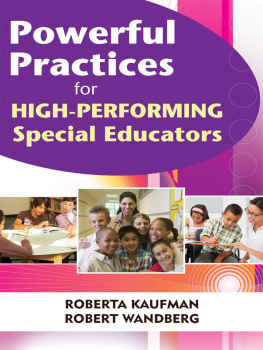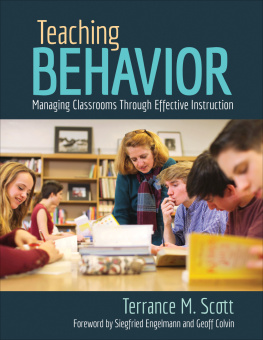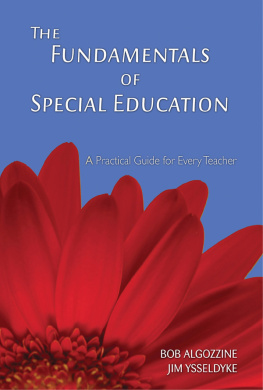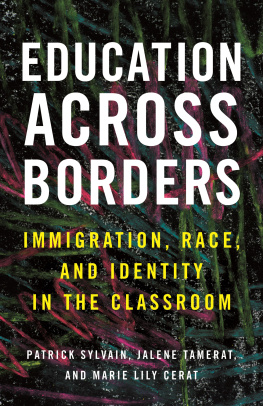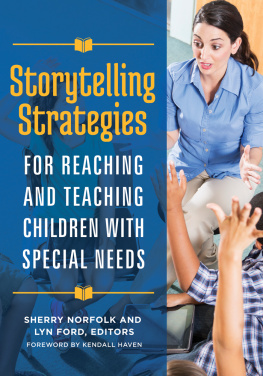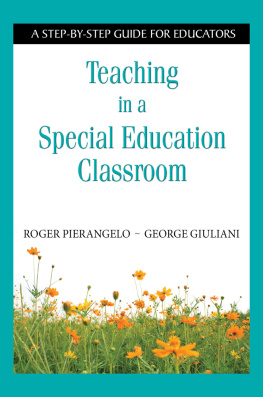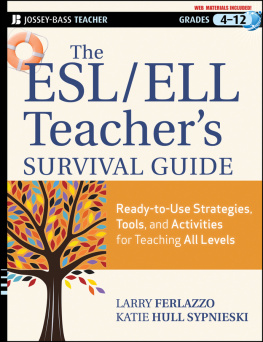Copyright 2010 by Corwin
First Skyhorse Publishing edition 2015
All rights reserved. No part of this book may be reproduced in any manner without the express written consent of the publisher, except in the case of brief excerpts in critical reviews or articles. All inquiries should be addressed to Skyhorse Publishing, 307 West 36th Street, 11th Floor, New York, NY 10018.
Skyhorse Publishing books may be purchased in bulk at special discounts for sales promotion, corporate gifts, fund-raising, or educational purposes. Special editions can also be created to specifications. For details, contact the Special Sales Department, Skyhorse Publishing, 307 West 36th Street, 11th Floor, New York, NY 10018 or .
Skyhorse and Skyhorse Publishing are registered trademarks of Skyhorse Publishing, Inc., a Delaware corporation.
Visit our website at www.skyhorsepublishing.com.
10 9 8 7 6 5 4 3 2 1
Library of Congress Cataloging-in-Publication Data is available on file.
Cover design by Karine Hovsepian
Print ISBN: 978-1-63220-562-9
Ebook ISBN: 978-1-63220-978-8
Printed in the United States of America
Contents
Publishers Acknowledgments
S kyhorse gratefully acknowledges the contributions of the following reviewers:
Rachel Aherns, Level 1 Special education teacher
Westridge Elementary School, West Des Moines, IA
Renee Bernhardt, Special education teacher
Florine Dial Johnston Elementary, Woodstock, GA
Dawne Dragonetti, Special education teacher, Grades 35
Center School, Stow, MA
Alison Martins, Special education teacher
Seven Hills Charter Public School, Worcester, MA
Mary Reeve, Special education director
Gallup-McKinley County Public Schools, Gallup, NM
Betty Rivinus, Principal
Baker Prairie Middle School, Canby, OR
Nancy Yost, Professor
Indiana University of Pennsylvania, Teacher Education Center, Indiana, PA
About the Authors
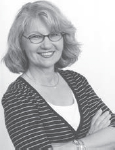
Roberta Kaufman has been a P12 special educator and university administrator in the Midwest where she has worked in both rural and urban settings. Her professional experience includes coordinating a partnership between multiple school districts in a metropolitan area and a university to design and implement a teacher preparation program for underrepresented populations. Dr. Kaufman initiated a program providing instructional seminars followed by coaching support for individuals hired as special educators in a diverse urban school district. Practices described in Powerful Practices for High-Performing Special Educators were implemented throughout the seminars and observed in classrooms with follow-up coaching. As a result of the coaching and seminars, a dramatic increase in the retention of new special education teachers was documented and maintained beyond two years. She is currently on the faculty of the School of Education at the University of South Dakota.
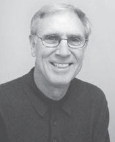
Robert Wandberg currently serves as the Language Diverse Literacy Coach for the Columbia Heights School District in Minnesota. His responsibilities include providing classroom teachers with effective, best-practice strategies for working with English language learners, special education students, and low-literacy learners. He is a former middle and high school classroom teacher and state curriculum specialist with the Minnesota Department of Education. In addition to his numerous state, national, and international presentations, Dr. Wandberg has authored 12 middle and high school level textbooks for low-literacy students. He has also coauthored two university-level textbooks focusing on effective classroom practice, as well as several professional journal articles, many of which focus on diverse students in the general education classroom. He also teaches graduate education courses at Minnesota State University, Mankato.
Introduction
S tories special educators tell of their immersion into the profession are often told in disbelief that they beat the odds. Pathways to becoming a special educator are some of the most varied in the profession.
Retention of special educators is an issue that has been a concern and has been wrestled with for at least two decades. Whether a person stays or leaves teaching is often dependent on more than one factor, but among reasons given for exiting the profession are academic training, level of support provided by administrators, understanding of roles and responsibilities, feelings of collegiality with other teachers in the building, facilities and available resources, caseloads, paperwork, and student behavior.
Costs associated with the continual turnover of special education teachers are considered a burden to school districts that invest in the recruitment of special education teachers.
When Madelyn Will (1986) considered the question Whats so special about special education? the elephant in the room was revealed. Educational experiences that students with disabilities had been receiving were a product of a dual system. The precedent established in Brown versus the Board of Education that separate is not equal has been pivotal in promoting the concept that the academic welfare of students with disabilities is the responsibility of all educators.
Rather than serving as a faucet that is used to release pressure when the steam is too hot, special education should be designed as a finely tuned instrument that is selected carefully by professionals who are relentless and intentional in their commitment to teach all students. With the heightened emphasis on student achievement, now, more than ever, it is necessary to have highly effective special education teachers using research-based instructional practices with students on individual education programs (IEPs). The revolving door of special education teachers leaving the profession does little to enhance the academic integrity and continuity of a students program.
Teacher education programs are being asked to guarantee their graduates will be able to ensure and document a year of progress in student achievement. Most administrators and principals who hire and support new special educators know they must encourage and provide professional development. Confident, competent, and connected special education teachers apply knowledge and use their secure skills but also recognize areas where they can improve.
Topics in this book were selected because they were identified by new special educators and best-practice research as the most necessary practices in becoming a successful special education teacher. Contemporary research and focused observations of novice special educators confirmed the need for specific skills and knowledge in order to survive and thrive in the early years of ones career.
, Managing Student Behavior, are front and center in the minds of new special education teachers. Ideas from these chapters can be adapted and used to provide a basis to research other effective practices specific to a teachers classroom setting.
Once some level of order is achieved, the art of teaching becomes a priority. , Student Assessment and Evaluation, describe effective instructional practices to be used in the educational setting. The final chapter, Promoting Achievement Through Collaboration, affirms that successful teachers rely on partnerships as a fundamental and ongoing component of instruction.

